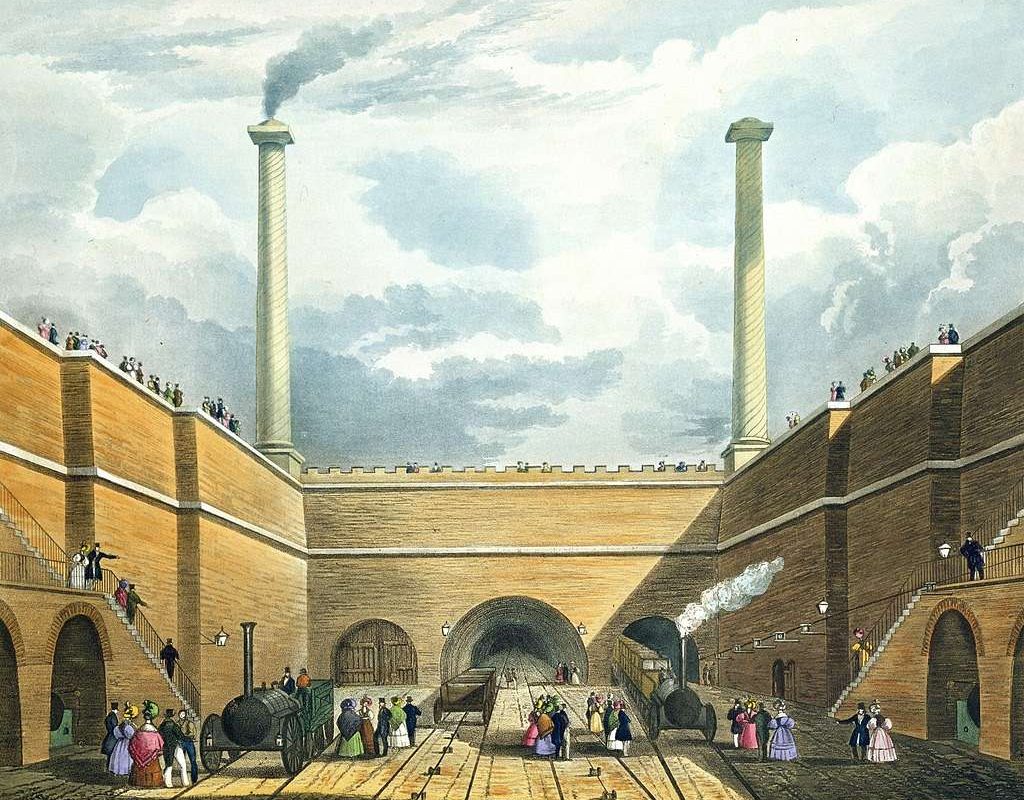Rebellious Daughters of History #42
by ,,Judy Cox

Black America Rising: Shirley Graham Du Bois (1896 – 1977)
Lola Shirley Graham Jr. was born in Indianapolis, Indiana, in 1896, one of six children. Her father was an African Methodist Episcopal minister. In June 1915, Shirley graduated from Lewis and Clark High School in Spokane, Washington.
She married her first husband, Shadrach T. McCants, in 1921. Their son Robert was born in 1923, followed by David in 1925. In 1926, Shirley moved to Paris, France, to study music composition at the Sorbonne to provide a better life for her children.
In 1931, Shirley entered Oberlin College and earned her B.A. In 1932, she composed an opera, ‘Tom Tom: An Epic of Music and the Negro’. She used music and dance to express the story of Africans’ journey to the North American colonies, through slavery and to freedom. The opera attracted 10,000 people to its premiere at the Cleveland Stadium.
Shirley and Shadrach divorced in 1927. In 1934, she went on to do graduate work in music, completing a master’s degree in 1935. In 1936, Shirley was appointed director of the Chicago Negro Unit of the Federal Theater Project.
In the late 1940s, Shirley became a member of ‘Sojourners for Truth and Justice’ – an African-American organisation working for global women’s liberation. She also joined the American Communist Party and became a key organiser in the ‘Rosa Lee Ingram’ campaign. Rosa was an African American sharecropper and widowed mother of 12. In 1948, Rosa and her two of her teenage sons were sentenced to the electric chair after a fight with a white neighbour who had sexually harassed Rosa. He was not charged with any offence. The death sentence was handed down by an all-white jury and scheduled to take place less than three weeks later. But the country erupted in protests against the trial, led by the ‘Sojourners for Truth and Justice’. The Ingram family’s sentences were commuted to life in April 1948. Further campaigning saw them released ten years later.
Shirley turned to decolonising literature by writing biographies of leading African-American and world leaders such as Paul Robeson, Kwame Nkrumah, Phillis Wheatley, and Booker T. Washington aimed at young readers. She won a prize for ‘There Once Was a Slave’ (1947), a novel about Frederick Douglass.
In 1951, she married the great activist W. E. B. Du Bois, the second marriage for both. They later emigrated to Ghana, where he died in 1963. She met Malcolm X in Ghana in 1964. In 1967, Ghanaian president, Kwame Nkrumah, was overthrown and Shirley moved first to Egypt and then to Tanzania.
Shirley Graham Du Bois died of breast cancer on March 27, 1977, aged 80, in Beijing, China.

Katharine Chidley and the English Revolution
Katherine Chidley was born around 1598. In 1616 she married Daniel Chidley, a tailor of Shrewsbury. She gave birth to eight children. In 1626 she and her husband were prosecuted for non-attendance at church. She was also reported for refusing “to come to be churched after childbirth”.
The family moved to London and mixed with radicals. Katherine become a preacher in Stepney, east London. She also began writing religious pamphlets which challenged the authority of the church hierarchy, suggesting that the humblest members of society, were better qualified to create churches than “ill-meaning priests”. She argued that “a husband had no more right to control his wife’s conscience than the magistrate had to control his.”
In January 1642, civil broke out between parliament and royalist forces led by Charles I.
Katherine associated with the Levellers, the radicals with the parliamentary side who demanded democracy, and end to censorship, the abolition of the monarchy and the House of Lords and an end to taxation of the poor.
In February, 1649, leveller leader John Lilburne was arrested for protesting against Cromwell’s military government. Katherine organised Britain’s first ever all-women petition demanding his release with 10,000 signatures. Women protested outside parliament and faced down soldiers, who pointed muskets at them, to get the petition presented to the House of Commons on 25th April, 1649.
Parliament’s response was to tell the women, “The matter you petition about is of an higher concernment then you understand therefore you are desired to goe home, and looke after your owne businesses, and meddle with your housewifery”.
Daniel Chidley died in 1649 and Katherine Chidley took over her his haberdashery business.
In 1653 John Lilburne was again on trial, this time for his life. Twelve women, led by Katherine again confronted Parliament with a petition , signed by 6,000 women. They boldly knocked on the door, but were sent away. An MP told them that parliament could not recognise their petition, “they being women and many of them wives, so that the Law tooke no notice of them”.
However, John Lilburne was acquitted to popular rejoicing. This was the last heard of Katherine although her son Samuel continued her fight for democracy.



